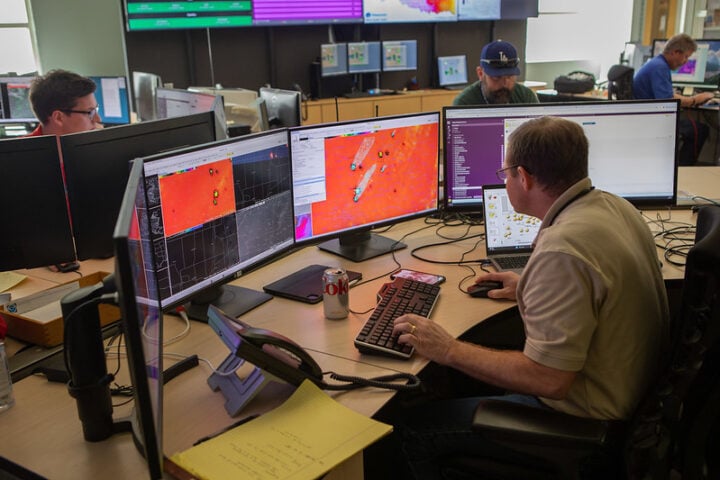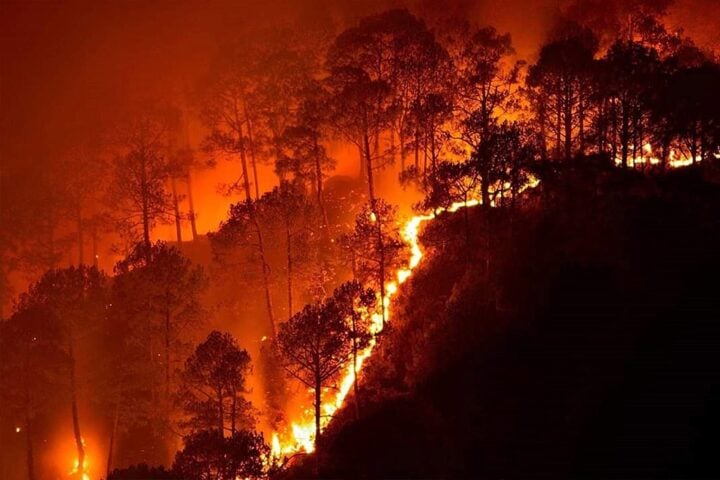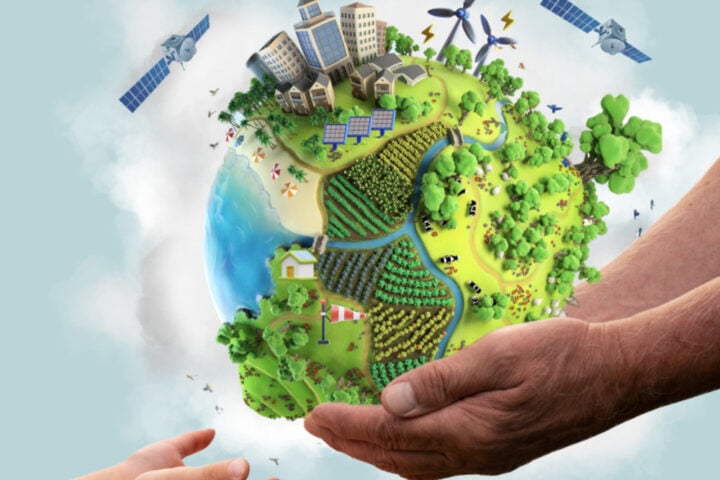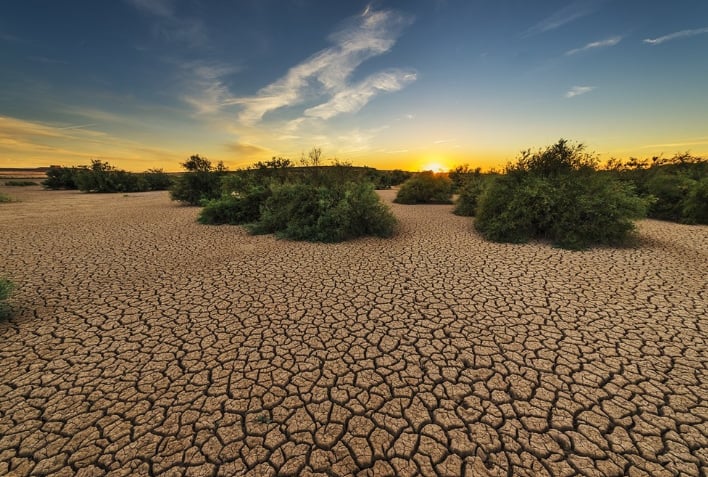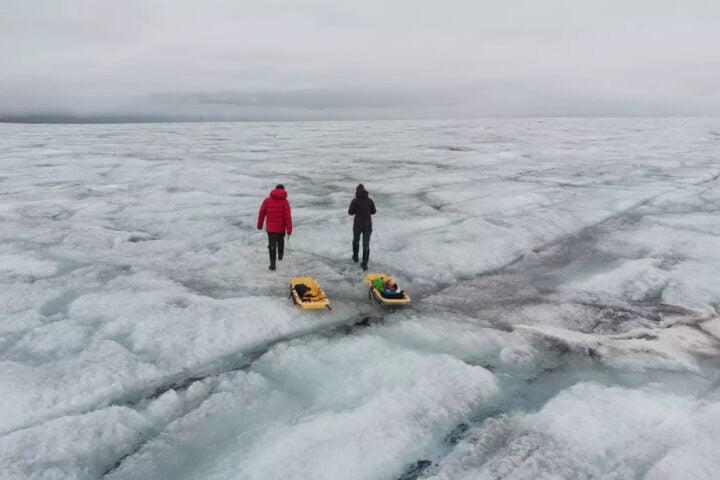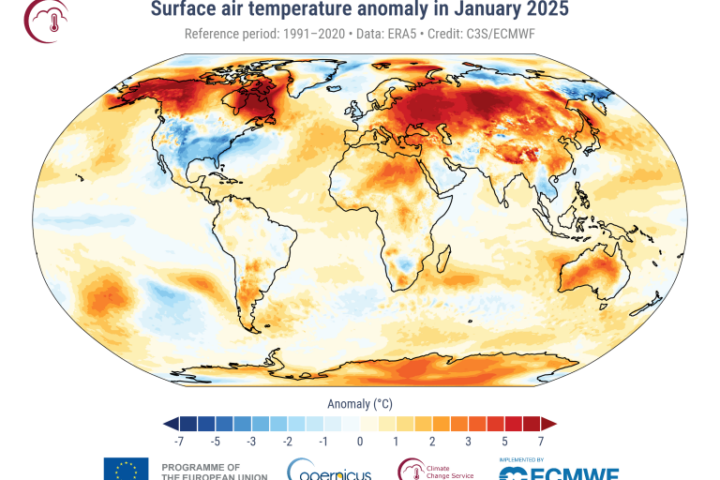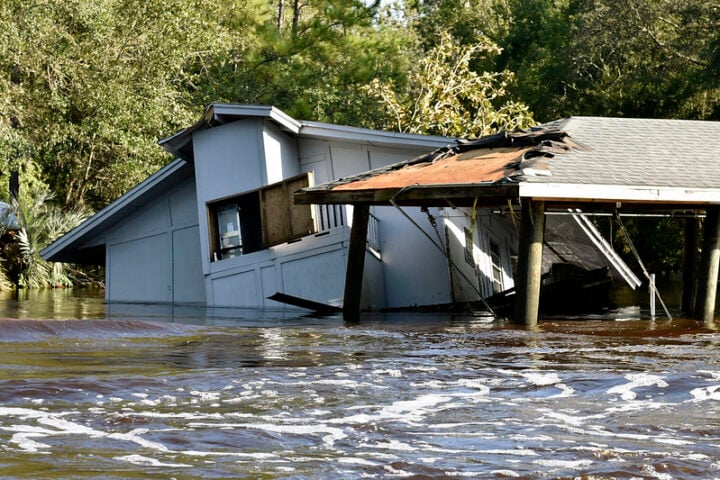In the bustling city of Montréal, amidst the fervor of the 7th Adaptation Futures (AF2023) Conference, a significant announcement echoed through the corridors of environmental and climate change discourse. Québec, a province known for its vibrant culture and robust environmental policies, pledged a noteworthy C$10-million to the Adaptation Fund (AF) under the United Nations Framework Convention on Climate Change (UNFCCC). This isn’t a one-off contribution but marks Québec’s fourth, elevating its total commitment to a commendable C$33 million.
The 2030 Plan for a Green Economy (2030 PGE) and the 2023-2028 Implementation Plan of the 2030 PGE have been pivotal in shaping and directing efforts towards nations most susceptible to the impacts of climate change. Benoit Charette, Minister of the Environment, emphasized, “It is essential for Québec to contribute to the support of efforts for addressing climate change in countries that are the most vulnerable and the most exposed to climate change impacts.”
However, the road to impactful international climate cooperation is not without its bumps and curves. While the contribution is substantial and will undoubtedly aid in fortifying adaptation projects, particularly in vulnerable Francophone developing countries, the practical implementation and impact of these projects warrant meticulous scrutiny and management. The AF, since its inception in 2007, has allocated approximately US$1 billion to facilitate the execution of 150 adaptation projects, positively impacting 41 million people. Yet, the tangible, on-ground impact of these projects in mitigating climate change effects and enhancing local communities’ adaptive capacities must be continually assessed and optimized.
Moreover, the global financial landscape for climate change adaptation is rife with disparities and gaps. The United Nations Environment Program (UNEP) underscores a stark divergence between adaptation needs and financial provisions, especially concerning developing nations. The annual adaptation costs for these countries are currently pegged at US$70 billion, with projections escalating to between US$140 billion and US$300 billion in 2030, and soaring further to between US$280 billion and US$500 billion in 2050.
Québec’s contribution, while substantial, is a drop in the vast ocean of financial resources required to significantly impact global climate change adaptation. Martine Biron, Minister of International Relations, noted, “Québec continues to stand with the most vulnerable developing nations of the world by funding initiatives that will help mitigate and combat climate change.” But the question that looms large is – how can Québec, along with other global entities, amplify its impact and navigate the intricate web of international climate finance to ensure that every dollar contributes effectively towards tangible, sustainable change?
The human aspect of climate change adaptation cannot be overstated. Beyond the numbers, policies, and projects, are real communities grappling with the tangible impacts of climate change. The stories from the ground – of farmers contending with erratic weather patterns, of communities battling frequent floods, and of families dealing with the socio-economic repercussions of climate change, bring to the fore the urgent, palpable need for effective adaptation strategies.
Québec’s financial commitment is a step forward, but the journey is far from over. The path ahead necessitates a harmonious blend of financial resources, effective policy-making, practical implementation strategies, and, most crucially, a human-centric approach that places the well-being of vulnerable communities at its core. The narrative of international climate cooperation must weave through the tapestry of real stories, pragmatic solutions, and collective, global action.
In the words of Mikko Ollikainen, Head of the Adaptation Fund, the fund is “grateful to the Government of Quebec for its new 10 million dollars pledge,” but the efficacy of these contributions will be measured by the smiles of farmers in Africa, the stability of coastal communities in Asia, and the sustainability of development projects in vulnerable nations across the globe. The tale of our global climate adaptation efforts is still being written, and every action, every contribution, and every policy is a crucial word in this unfolding story.




